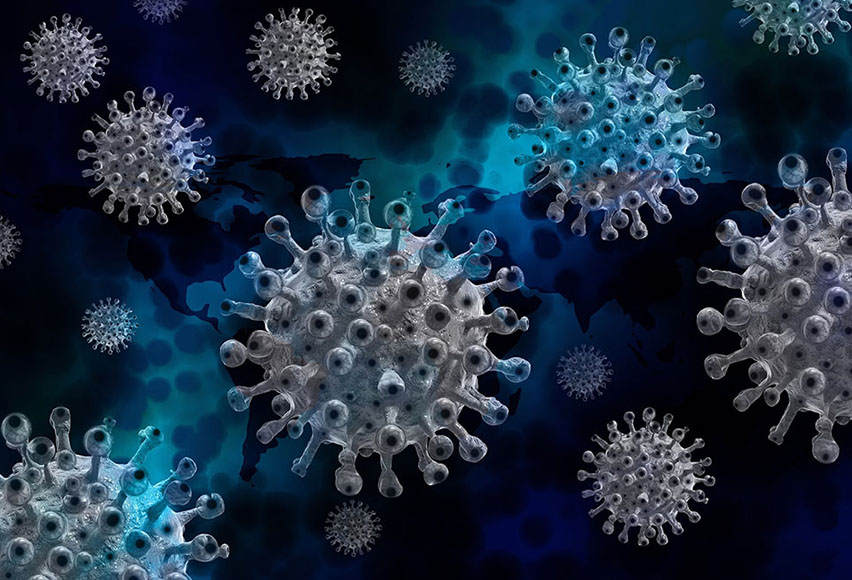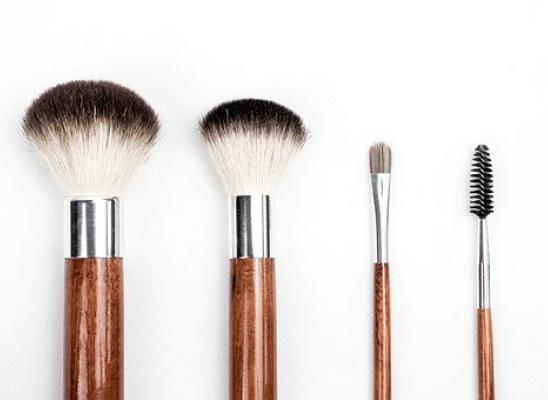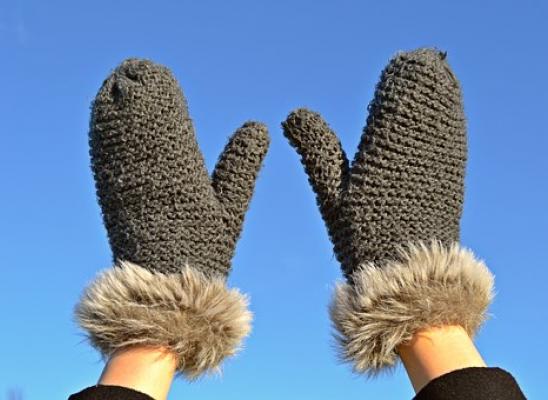Skin Picking and COVID-19

Online test
Find out the severity of your symptoms with this free online test
Do you pick at your skin until it bleeds? Do you do this when you’re stressed, sick, bored, impatient, overwhelmed, frustrated, anxious, sad, or tired? If so, you’re not alone.
Dermatillomania, also known as compulsive skin picking disorder (SPD), is an impulse-control condition that involves continuous and uncontrollable skin picking behaviors. It is a body-focused repetitive behavior (BFRB) similar to obsessive-compulsive disorder. People with this condition pick at their skin to the point of causing injury. It is involuntary – an unrelenting urge to pick at the skin.
An estimated 1 in 20 children and adults struggle with a skin picking disorder. Approximately 75% of these individuals are female. Females tend to pick at the skin on their necks and backs, while men typically pick at the skin on their calves.
Stress, fatigue, an unhealthy diet, a sedentary lifestyle, social isolation, and a lack of sleep can aggravate this condition. Because of the loneliness and uncertainty that comes with COVID-19 lockdowns and restrictions, people with this disorder may experience an increase in the severity of their symptoms.
It is common for people to ignore the signs of this disorder as simply a “bad habit” – when it is not. After all, who hasn’t picked at a piece of loose or annoying skin? However, it is important to distinguish between occasionally “messing” with one's skin and repeatedly picking with it until it bleeds.
SPD can cause a person to develop festering wounds and life-threatening infections. It is not a condition that one can “just quit.” Rather; it takes a focused treatment plan to help these individuals effectively manage their symptoms. To date, the most effective treatment for SPD is cognitive-behavioral therapy.
Now, with COVID-19, SPD and other BFRBs are on the rise. Strain, seclusion, and fear has triggered or worsened this and other mental health conditions. But, understand that picking at one's skin doesn't necessarily signal SPD.
Approximately 30% of people pick at their skin from time-to-time. But, stress, uncertainty, anxiety, and depression can cause people who only pick at their skin occasionally to pick at it more. It can also aggravate SPD in people who have the condition.
Skin Picking in the Time of COVID-19
People with SPD are experiencing new challenges as a result of the COVID-19 pandemic. Almost everyone has experienced changes in their day-to-day functioning. Things we could do before – we can no longer do. Places we used to travel to before – we can no longer travel to. It's a lot, whether you struggle with SPD or not. This change in routine can cause an increase in symptoms.
Public health experts suggest that people should avoid touching their faces (the reason for the masks) to avoid affecting themselves and/or spreading the virus to others. This poses a dilemma for people with SPD. These individuals have open wounds, which can cause them to fear that they are especially vulnerable to the virus. Because we are not supposed to touch "openings" on our bodies, this can escalate anxiety and depression in people with SPD.
Daniella, a young woman who struggles with SPD, reported that COVID-19 has heightened her fear of contracting the virus, so much so that it has increased her skin picking behaviors. At the beginning of the lockdowns she was able to keep busy by focusing on her health (exercising, adopting a healthier diet, sleeping more, and deep-breathing), but over time her ability to stay focused on these things has waned, causing her skin picking behaviors to spiral out-of-control.
Stress, fear, boredom, and uncertainty has caused this individual to pick at her skin even more, which is why COVID-19 is extremely hard for her. Picking her skin makes her feel better. It calms her and relieves her stress, so she does it a lot. It's automatic, but, in some indescribable way, it makes her feel as if she has more control over her life right now.
Serena, another individual with SPD, has found that video-chatting, for leisure or work, has increased her skin picking behaviors. According to this individual, video-chatting exposes her wounds to others, which increases her anxiety. Sometimes, these wounds remain for weeks, causing those who see them to become concerned and to ask lots of questions. This only worsens the skin picking. So, although it’s touted as a good way to “keep in touch” with others, it can be a nightmare for people with SPD.
That is why most people with SPD opt-out of this form of communication, even though they desperately need and want to connect with others. COVID has isolated many of these individuals from others, causing their symptoms to become even more pronounced – and unrelenting. It is a cycle that keeps repeating until the person receives help for it.
More and more people are working from home due to COVID restrictions. What does this mean for people with SPD or skin picking tendencies? It means they are at risk for even more skin picking behaviors. Understand that skin picking is usually a private behavior.
Most people with the disorder do not pick at their skin while around others. Because of COVID, some people can't do these things, which gives them more time to engage in this private behavior. Social restraint is absent because these individuals are stuck at home all day.
Thus, although, COVID lockdowns and restrictions are meant to keep everyone safe, in some situations, they have done more harm than good. This is especially true when it comes to people who are struggling with mental health conditions like SPD. It is the perfect storm of anxiety, isolation, and boredom.
In Summary…
Fear of the unknown and social isolation can cause individuals with SPD to turn to something they know – skin picking. However, according to one article, three things appear to help with the condition: (1) layering clothes (covering necks, arms, and legs with pants, sweaters, long-sleeved shirts, scarves, and/or gloves), (2) staying busy (exercising, starting a new hobby, etc.), and (3) chatting with friends and family on the phone or through texts.
References:
1. Hospital de Clinicas de Porto Alegre. (2020). Impact of COVID-19 on the mental health of patients with skin picking. (Clinicaltrials.gov Identifier: NCT04522492). Retrieved from https://clinicaltrials.gov/ct2/show/NCT04522492
2. International OCD Foundation. (2020). What is skin picking disorder? Retrieved from https://iocdf.org/wp-content/uploads/2014/10/Skin-Picking-Disorder-Fact-Sheet.pdf
3. Nirode, V. (2020). Skin issues caused by coronavirus lockdown, and how to deal with them. HuffPost. Retrieved from https://www.huffpost.com/entry/skin-issues-coronavirus-lockdown_l_5e8b3c65c5b6cbaf282cef1a
4. Psychology Today. (2018). Dermatillomania (skin picking). Retrieved from https://www.psychologytoday.com/us/conditions/dermatillomania-skin-picking
5. Brethour, D. (2020). For people with skin-picking disorder, the coronavirus pandemic is especially triggering. Self. Retrieved from https://www.self.com/story/skin-picking-disorder-coronavirus
Online test
Find out the severity of your symptoms with this free online test
Start your journey with SkinPick
Take control of your life and find freedom from skin picking through professional therapy and evidence-based behavioral techniques.
Start Now



